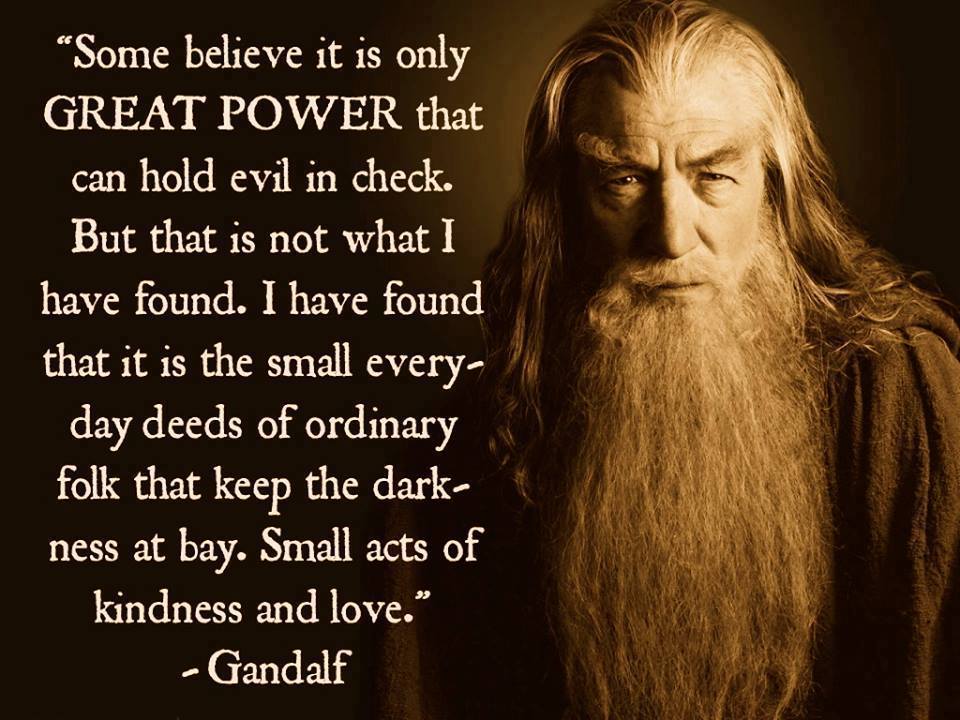Any One want to throw some Ideas around this Topic,Please Feel Free to Toss in Your View/s!
No big ideas because…I just totally agree with this man! Thanks, hadn’t heard of him or his book before today. Love it that he said this to a crowd of rich folks!
Will send this link to my son and others…
I fully agree with @Ariadne … Rutger speaks my mind. He calls his stance “New Realism” (not to be confused with the aesthetic and philosophical movements by the same name). I have read both his books and like them, especially his second that came out in English early June named Humankind. Below is my attempt at a review.
Review of Humankind
“What if propaganda not only sows discord, but can also bring people back together…”
This line from the book defines the core of what I grasped from Brugman’s writing style. The underlying intent of the book is to make us aware that yes, in a certain sense, he is writing a “propaganda piece”; he is spinning the narrative to promote his new realism. He is speaking of alternate facts to well-known truisms about human nature (we are always one small step away from lie, kill, cheat, steal). He is claiming that its time to get real: by seeing our fellow humans as friendly, helpful, kind, and peaceful, and, by spreading this news to others in real-time, we can shape a new reality though what he calls new realism. “The war is over, if you want it.” But it won’t end until we actively participate in forming such a reality.
What is this new realism? If you have read his Utopia for Realists you might be familiar with proposals for a shorter workweek; basic income; open borders. In Humankind, he opens up our personal borders and allows us to let others in. There is very little sentimental writing or empathetic reasoning. His is a new realism, yes. And this realism is so surprisingly realistic that it can easily seem idealistic. And he backs up his words with deep research.
He provides ample evidence that it can work and does work. His alternate facts are such that debunk others’ spun facts (see the original version vs Brugman’s version of prison experiments, Lord of the Flies, Kitty Genovese). Bregman even calls out historians such as Harari and Diamond for weak research points. Where they seem to take for granted certain historical accounts, Bregman gracefully calls out where stories are born and he rewrites these myths. And they seem all the more realistic as he provides ample evidence for his case.
This is one of Harari’s central tropes: that we tell ourselves stories. We heard it on the news, we saw it on YouTube and … even if we don’t believe it is true… we are still right in the midst of it. The stories we tell ourselves created money, society, religions. Bregman says its time to tune out from the stories others form for us, to tune out from the harmful news and online activity and tune into what is right in front of us. And, as Harari (though still vegan and trim and stoic) and kin grow larger in fame…certain storylines will be formed just as a canal is formed; some will be true and some will form into myth. Bregman is a tributary of these recent giants in intuitive-intellectual presentation and has this reader/reviewer interested in the streaming waters of this newly dug out waterbed. Thinking of making my home in his waters. The great thing about all of these streams is that they are all headed in the right direction. They swim against the waters, struggling to get upstream…once there, they reach new islands that promote a better vision. Bregman’s stories may also become mythic once he rises in popularity, and he is not without critics. But in a cosmos of cluttered, divisive thought, his hopeful history is a welcome one.
This life stance of trusting others, seeing innocence before guilt, avoiding sensationalist news, personal gain…this has been my point of view throughout my life. Yes, at times I have been dominated, cheated, left behind, left bereft. But it has always felt true to me…it just seems realistic. “to believe people are hardwired to be kind isn’t sentimental or naive. …it’s courageous and realistic to believe in peace and forgiveness.” I have been afraid to speak this point of view, fearful that this realism is too idealistic for our times. Brugman has helped me to internally articulate this position of “new realism” …now it’s time to let others know too.
I completely agree with the quote @Douggins shared, I am a retired progressive educator movement specialist who got paid to play with kids. Young children are for the most part hardwired to be kind, it’s the cultural experience the young humans become participants in that mold so much. I believe in our species consciousness potential and I get called an idealist and "pie in the sky " all the time.


